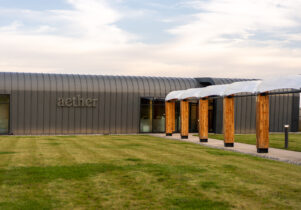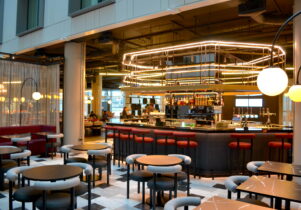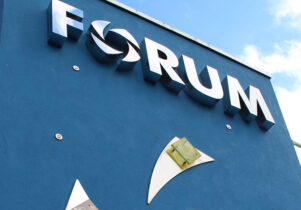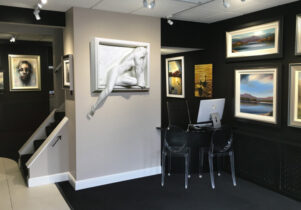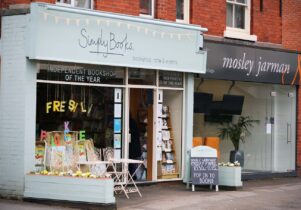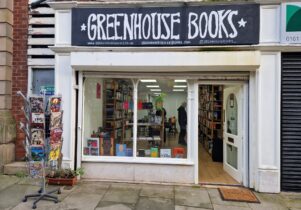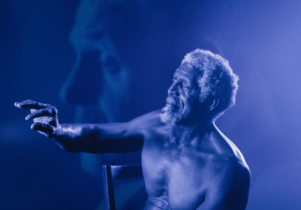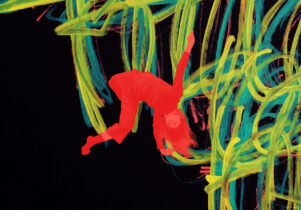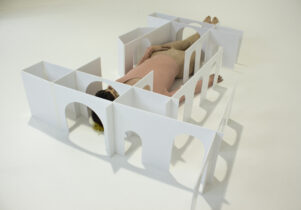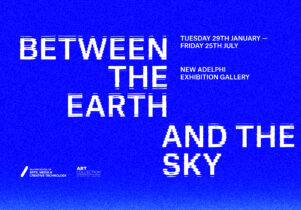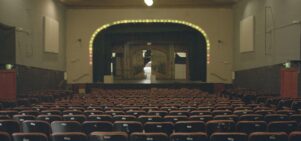Gathering Downstream at Quarry Bank
Maja Lorkowska, Exhibitions EditorVisit now
Gathering Downstream
Always double check opening hours with the venue before making a special visit.
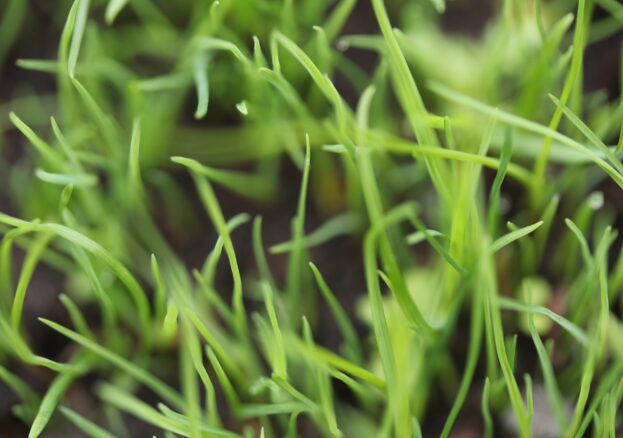
*Admission charges apply, National Trust members free.
The former cotton mill of National Trust Quarry Bank is currently home to Gathering Downstream, an exhibition by artist Jen Southern, exploring the site’s legacy of the industrial revolution alongside environmental change and disruption.
Organised as part of Unintended Consequences, a programme of activities in and around Quarry Bank, the exhibition launches a set of events focused on the environment, climate change and the unexpected effects of industrialisation on the surrounding landscape.
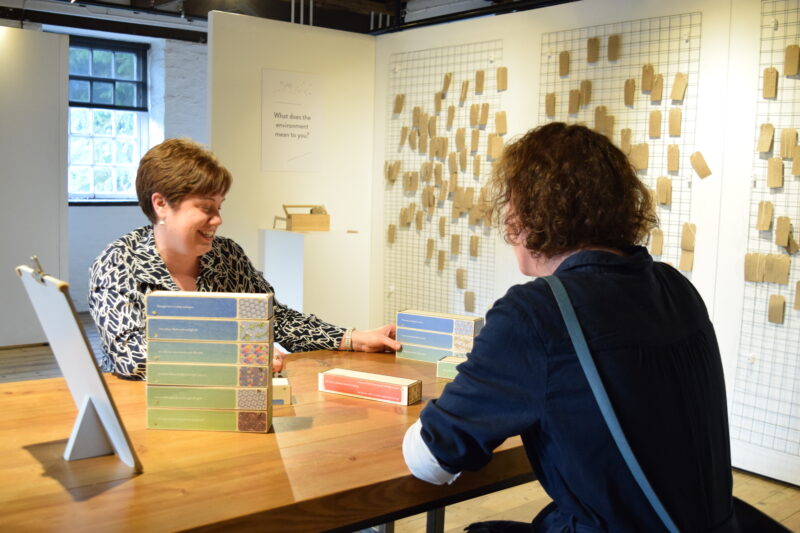
Gathering Downstream is a specially commissioned display, taking inspiration from the movement of water, particularly the local River Bollin which lies at the heart of the estate. The show is composed of Southern’s river-like installation of five films, each focusing on a different part of the local landscape and all produced with the help of machine learning technology. Examining the movement of plants, rocks, people and machines, the artist ‘trained’ the AI with thousands of images from the Quarry Bank estate and archives in order to achieve a sense of symbiosis, an entanglement between that which is natural, human and machine-made so that it can no longer be separated. The resulting videos are mesmerising records of all of these elements fluidly morphing into one another. Visitors can also contribute their own photographs to affect future versions of the films.
The artist herself points out that the work is asking: “What can humans and machines learn about the impacts of climate change and ecological emergency from the trees, meadows, moss, rocks and river at Quarry Bank?” With the inseparable connection between us and the natural world made clear, Gathering Downstream emphasises the urgent need to act now if we are to avoid a climate disaster – it isn’t too late to affect our own future either.
Jen Southern is an artist, senior lecturer in Fine Art, and Associate Director at the Centre for Mobilities Research at Lancaster University. Her practice is situated between visual arts and social research with a focus on place and technology. A frequent collaborator, her pieces are informed by conversations with technologists, other artists and members of the public in order to produce live installations combining both material and digital realms, often inviting participants to become co-creators of the work.
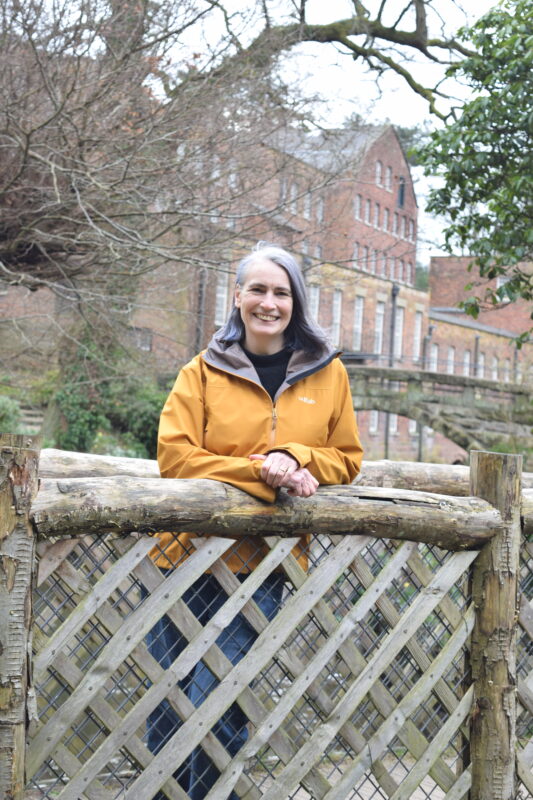
In her 2015 piece Searcher, Southern recorded the movements of a search and rescue dog and his handler using a GPS tracker and visualised the results by printing them onto kites, alongside images of the surrounding landscape. The kites were then flown by the audience to encourage them to fully engage with the surroundings, with their focus in the sky and their feet firmly on the ground. Similarly, in Gathering Downstream Southern gives her full attention to the location of Quarry Bank – its history, legacy and significance in considering the effect of industrialisation on the world today – and encourages visitors to do the same, while letting themselves be carried by the flow of the metaphorical river.
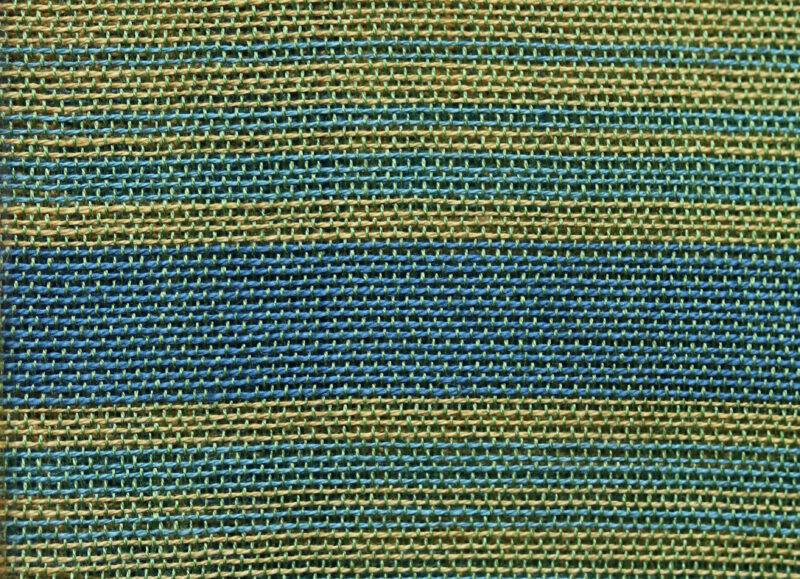
Unintended Consequences is designed to inspire visitors to consider what we can do to create a more sustainable future. The programme was commissioned by National Trust Quarry Bank, delivered in partnership with Arts Council England and FutureEverything, an award-winning Manchester-born cultural organisation helping to shape the emergence of digital culture in Europe through events, public art commissions, and cross-sector collaborations. The programme is underpinned by research by The University of Manchester.
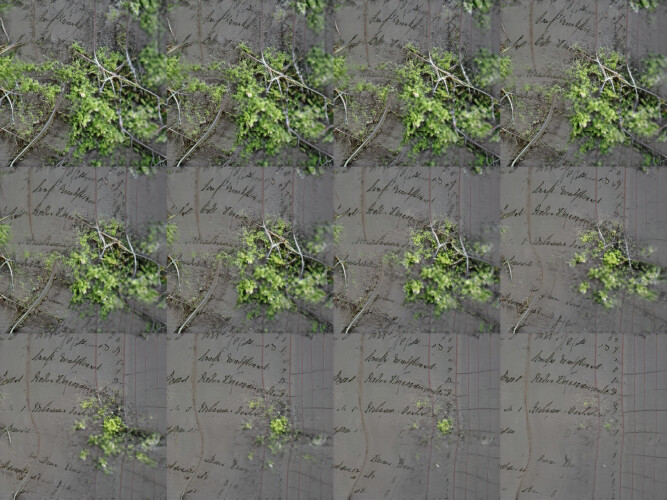
Gathering Downstream will be open from 7 May – 25 November 2022, but if you’re planning on visiting in autumn, please keep in mind that from the 31 October Quarry Bank is closed on Mondays and Tuesdays. While visiting the show, you’ll also have the pleasure of exploring the surrounding gardens and ancient woodland around the estate.
Gathering Downstream, part of the Unintended Consequences programme is delivered in partnership with Arts Council England, FutureEverything and underpinned by research from The University of Manchester.
